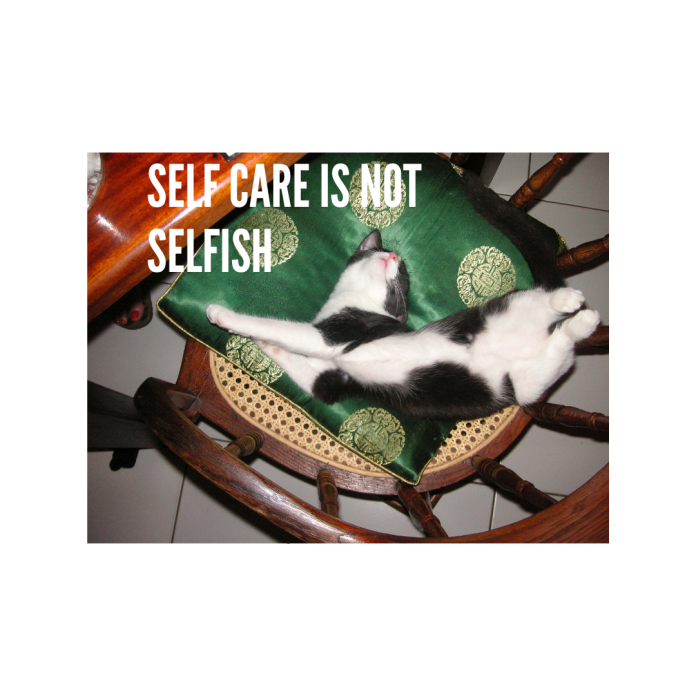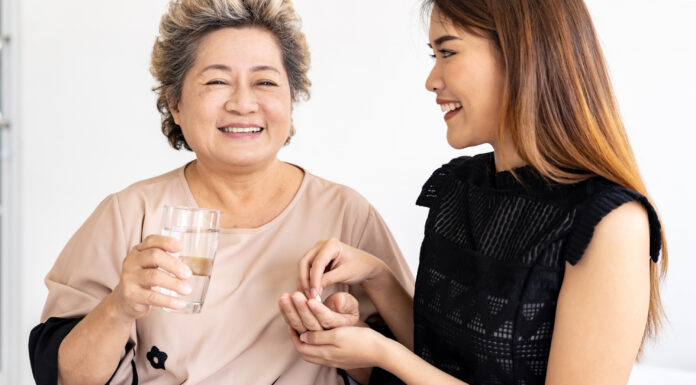It doesn’t matter where we are on our journey through life, stress and anxiety seems to have become our normal.
Where our ancestors were able to put aside anxiety to rest until the next battle or event, because of the fast pace created by technology and our capacity to respond, we feel we are never quite free of big or incremental change. And the low to high levels of anxiety associated with this have become habitual.
For some people, change is exciting, for others, change causes anxiety – moving house, divorce and death in the family are all significant changes that have the capacity to cause high levels of anxiety.
What’s OK for some is stressful for others.
Our commonality as humans, is our collective level of stress and anxiety. In the past we have been told to think we need more security, more money, more success, to work harder, have a bigger house, to have a greener house, be a better parent, a more involved grandparent, lose weight or be more organised and everything will be OK. But it’s not.
Human beings think on average 100,000 or more thoughts a day; many of them are repeats of thoughts of the day before. We need to create new neural pathways in our brain – those stimulated by gratitude, kindness, optimism, cheerfulness, buoyancy and hope. When we think more hopeful thoughts, our bodies release dopamine and serotonin, two types of neurotransmitters that relax the nervous system. Both of these chemicals are linked with happiness.
And be aware of our self-talk.
It’s often not what’s happening that causes the problem, it’s what we say to ourselves about the event, because our self-talk usually takes the problem up a rung, whereas being in the moment takes things down a rung.
What we really need is to care for ourselves better and let our worried minds have a rest. Stop constantly accessing the news or having it on as background noise; at least take it down a couple of notches. Being hammered with the same event over and over again is not healthy. Rolf Dobelli’s recognises this in his recent best-selling book, Stop Reading the News, and offers a manifesto for creating a happier, calmer and wiser life.
Spending time in the outdoors, reading more, meditating, experiencing art and literature, these are the things that nurture our hearts and make us more peaceful and wise. Stop thinking about things that you are not prepared, or not able to do anything about. Focus on the areas that you can change, like building a relationship or more time listening to others. Slow everything down by walking in gratitude. Soften towards your family, friends and colleagues. Forgive yourself, be gentle on yourself. Give people the benefit of the doubt; don’t take things personally.
Develop your personal self-care toolkit.
This can look different for everyone. If you feel yourself falling into apprehension, when fatigue or anxiety deepens, recognising this state, then calm yourself by stepping away from the area if things are becoming too stressful.
We need to be clear with ourselves and those around us about the difference between the things we can control and those we can’t and get cracking on the ones that are within our control.
My daughter has a “feeling” seat in her garden. A place where she can go and feel her feelings of anxiety, anger, worry or fear. She sits in compassionate silence, acknowledging her feelings. And when she feels any kind of small shift, she then connects with her five senses, bringing herself into the moment by noticing five things she can see around her, naming four things she can feel, three things she can hear, and identifies two things she can smell. Finally, she recalls one good thing about herself before she gets up and on with what she was doing.
Compassion is activated when we feel empathy for another person or ourselves.
It’s important to be able to care deeply for another, but not at the expense of caring for ourselves. It’s a healthy option to support others from a base line of deeply supporting ourselves.
Create distinct internal boundaries of what you will and won’t do.
Being clear in your mind about your values and live and reflect these in your behaviour. The only viable state is to give from a position of strength rather than giving from burnout and fatigue. The only sustainable support is to give to others based on having already supported and given to yourself. Self-sacrifice is not sustainable.
Resilience is knowing that, not only can we survive the painful and hard aspects of being alive, but our resilient spirit ensures that we thrive in every moment — painful or not. We’re built to bounce back naturally from difficult situations.
The human condition is incredibly robust.
What keeps us from this is believing that we’re not naturally resilient. Some of us come from backgrounds where we’ve been taught to believe we are weak and fragile and need looking after. We’re not.
We’re all going to have to evolve if we’re to become the people who can navigate the challenges of planet earth. Let’s support each other in doing that. This is not a time for giving in, but for managing ourselves by building a healthy self-care toolkit and hope for the future.






















